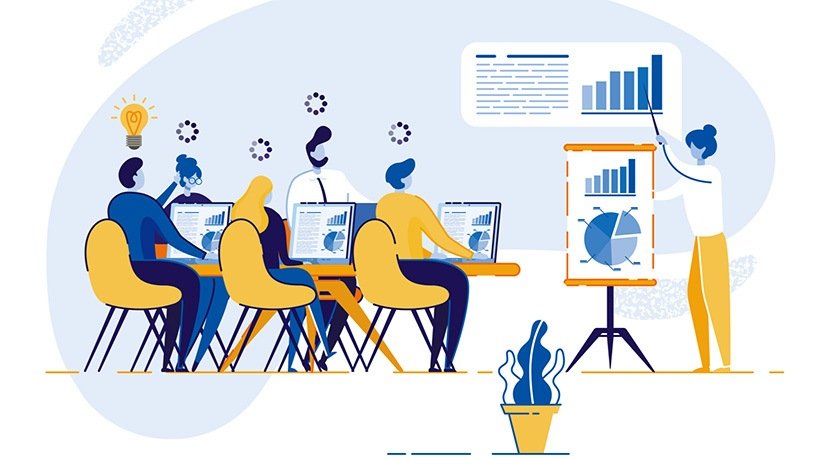Every year the Boca Raton, Florida practice group Choose Collaborative holds a dynamic one-day seminar. To me, many of the past seminars have been transformative including the year Liz Ferris presented and convinced me to open my full time Collaboratively focused practice. Pauline Tesler and Victoria Smith are two other great days that come to mind. Interrupted by Covid for two years, this year’s special presenter was Woody Mosten. It was so disappointing to me that I couldn’t attend I’m currently camped in Northern California. But a number of our MCT members were there.
MCT Member and Collaborative lawyer Jeff Wasserman had the following thought:
Woody brought mediation and collaborative together in a way I had not imagined. It will require appropriate training of mediators who are simply commencing their process with the clients meeting in caucus mode rather than together. That will also require more trained attorneys to understand the benefit of how mediation is supposed to work.
MCT Founder and Collaborative lawyer Carolann Mazza shared her thoughts:
Woody spoke about true informed consent (although it is a topic for training on its own) and how we often do not include the clients, especially in areas we deem "boilerplate". While he did not give directives or answers to some of the stickier questions (like to share team correspondence or not), it opened the door for thought provoking discussion.
He talked about Interests vs. Positions ("Interests motivate people. They are the silent movers behind the hubbub of positions. Your position is something you have decided on. Your interests are what caused you to decide.") Ask 'why'? all the time. Positions aren't evil; interests aren't heaven. It is important to listen to and important to move away from the positions.
MCT Founder and Collaborative Attorney Rebecca Fischer
Woody opened with a discussion about the book, “The Making of a Mediator: Developing Artistry in Practice,” by Michael D. Lang. The concepts apply to new Collaborative Professionals too. First, the Novice: Unconscious incompetence. Unaware and unskilled. Second, the Apprentice: Conscious incompetence. Our training starts here. We are somewhat aware, somewhat skilled. We know enough to know what we do not know. Third, the Practitioner: Unconscious competence. Enough memory and awareness to do it well and with skill. Finally: the Artist: Conscious competence. Those who have worked a long time to understand what they know and have a sense about what they do not know. The Artist is highly aware and highly skilled. Few of us ever become true artists. If we are fortunate, we will have an artist or two on our team.
In his preface, the author writes, “Artistry is not a destination, a place where mediators can settle comfortably, secure in the knowledge that they have attained the highest level of professional competence. Rather, artistry is a journey, a process of exploring and testing the range and application of professional knowledge and skills. At times the journey is uncomfortable. . .other times the journey is sublime. . .above all, artistry is a mind-set—a commitment to curiosity and exploration, to excellence and learning.” While I do not believe I will become an artist in the truest sense of the word, where my work is “effortless, flowing, and intuitive,” as every client and team bring new challenges and learning, I embrace the voyage. My Collaborative Team, our Happy Hours in particular, is a place where we join one another on the excursion and support one another as we strive to become artists.



